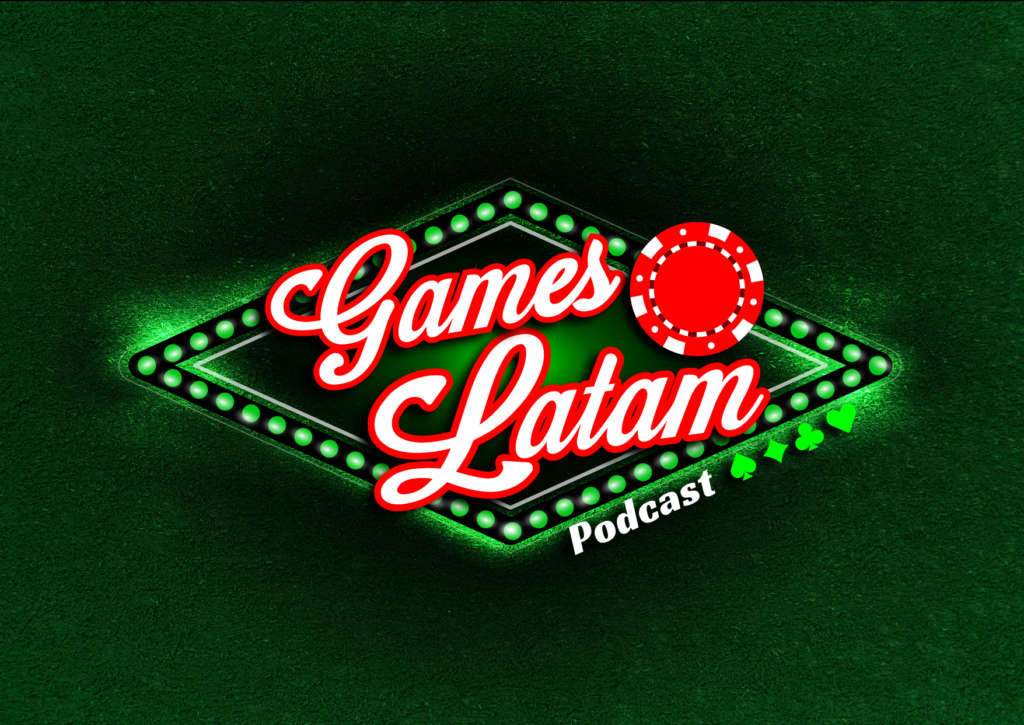Despite an official ban on Philippine Offshore Gaming Operations (POGOs), illegal activities continue to thrive in shadowy corners.
Lawmakers, led by Senator Risa Hontiveros, are pushing for a comprehensive Anti-POGO Act to address loopholes and systemic flaws.
The proposed law aims to eliminate cyber fraud, human trafficking, and money laundering associated with these rogue operations.
Learn how this legislation plans to permanently eradicate illegal POGO activities and protect the Philippine economy and citizens.
Philippines Intensifies Crackdown on Illegal POGOs with Proposed Comprehensive Anti-POGO Act
Key Points:
- Lawmakers propose a comprehensive Anti-POGO Act to close loopholes left by Executive Order 74.
- POGOs continue to operate illegally, often disguised as legitimate businesses like restaurants and resorts.
- The proposed legislation targets immigration loopholes, foreign interference, and espionage risks tied to POGO syndicates.
Philippine Lawmakers Push for Comprehensive Anti-POGO Act to End Offshore Gaming Scams
The Philippine government is taking bold steps to eradicate illegal offshore gaming operations (POGOs) once and for all. Despite President Ferdinand Marcos Jr.’s Executive Order 74, which banned POGOs in November 2024, illegal gambling syndicates persist.
Senator Risa Hontiveros and other lawmakers are now advocating for a comprehensive Anti-POGO Act, aiming to close loopholes and prevent these criminal networks from resurfacing under new disguises.
POGOs: From Economic Boom to Criminal Havens
Introduced in 2016 under President Rodrigo Duterte, Philippine Offshore Gaming Operations (POGOs) were initially seen as an economic boon. They generated PHP24 billion in revenue in 2023, with PHP8.88 billion contributed in taxes.
The industry also created jobs for over 100,000 foreign and domestic workers and drove demand for real estate, occupying 10% of office spaces in Metro Manila at its peak.
However, beneath the surface, crime, corruption, and exploitation festered. Illegal POGO operations became fronts for:
- Cyber fraud and crypto scams
- Money laundering activities
- Human trafficking and forced labor
The fallout led to high-profile police raids, uncovering horrifying stories of abuse, torture, and fraud.
The Shortcomings of Executive Order 74
In July 2024, President Marcos Jr. announced a nationwide POGO ban, citing “grave abuse and disrespect to our system.” However, the ban primarily targeted POGOs licensed by the Philippine Amusement and Gaming Corporation (PAGCOR), leaving loopholes for unlicensed operators to continue thriving.
Reports revealed that:
- 11,000 foreign POGO workers remained in the Philippines, defying deportation orders.
- Illegal POGO hubs continued operations in Pasay City, right under the government’s nose.
Senator Sherwin Gatchalian highlighted the issue:
“Despite clear directives from the President, criminal syndicates still exploit POGO resources to fuel their fraudulent operations.”
Senator Risa Hontiveros: A Call for Comprehensive Legislation
Senator Risa Hontiveros insists that Executive Order 74 falls short and that a comprehensive Anti-POGO Act is the only way forward.
“We need a law to ensure that there will no longer be POGOs that scam, hurt, and deceive people.”
The proposed Anti-POGO Act would:
- Expand the legal definition of POGOs to include all offshore gambling, regardless of licensing authority.
- Introduce stricter immigration checks to prevent foreign syndicates from infiltrating local systems.
- Address espionage risks and foreign influence linked to illegal POGO hubs.
One notable case is Alice Guo, a former mayor in Bamban, Tarlac, accused of facilitating POGO operations despite her questionable citizenship.
POGOs Disguised as Legitimate Businesses
As authorities crack down on traditional POGO hubs, illegal operators are becoming more creative. According to Interior Secretary Jonvic Remulla, rogue POGO operations now masquerade as:
- Restaurants and cafes
- Resorts and hotels
- Technology startups
This camouflage tactic raises concerns about collusion with local power brokers and corrupt officials. Senator Gatchalian emphasized the need for continued vigilance from law enforcement agencies, local governments, and citizens.
The Importance of a Unified Effort
The Anti-POGO Act is not just about enforcement—it’s about prevention, vigilance, and systemic reform. Moving forward, lawmakers are calling for:
- Enhanced oversight mechanisms for online financial transactions linked to gambling.
- Transparent reporting systems to track suspicious business activities.
- Greater accountability for officials caught facilitating illegal operations.
A Defining Moment for Philippine Gambling Regulation
The push for a comprehensive Anti-POGO Act represents a critical turning point for the Philippine government. While Executive Order 74 laid the groundwork, it remains insufficient to dismantle the entrenched criminal syndicates operating under the POGO banner.
Lawmakers like Senator Risa Hontiveros and Sherwin Gatchalian are advocating for robust, clear-cut legislation that leaves no room for ambiguity or loopholes.
However, achieving this goal will require political will, public support, and tireless vigilance from both authorities and citizens.
The success of the Anti-POGO Act could mark the end of offshore gambling exploitation in the Philippines, paving the way for a cleaner, safer, and more transparent digital economy.
The post Philippine Lawmakers Push Anti-POGO Act to End Illegal Gaming appeared first on Gamingo News.
Despite an official ban on Philippine Offshore Gaming Operations (POGOs), illegal activities continue to thrive in shadowy corners. Lawmakers, led by Senator Risa Hontiveros, are pushing for a comprehensive Anti-POGO Act to address loopholes and systemic flaws. The proposed law aims to eliminate cyber fraud, human trafficking, and money laundering associated with these rogue operations.
The post Philippine Lawmakers Push Anti-POGO Act to End Illegal Gaming appeared first on Gamingo News.
Participe da IGI Expo 2026: https://igi-expo.com/









